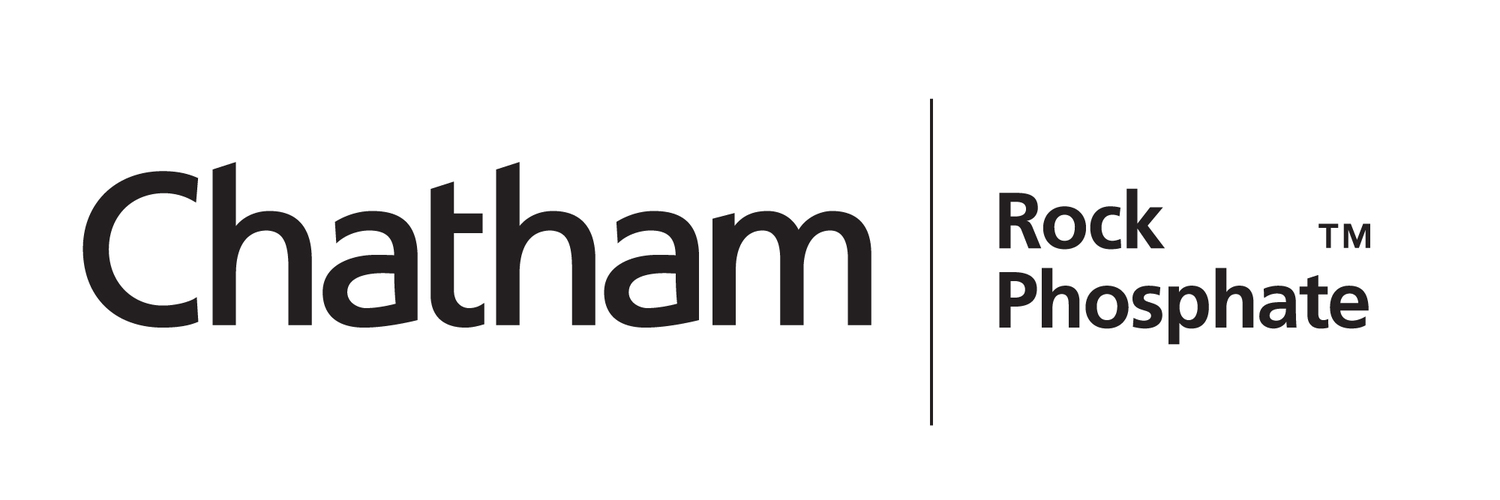Chatham updates on EPA hearings
/Update
6 October 2014
Hearings into third week
Our hearing travels to the Chatham Islands this week, with sessions held on Wednesday and Thursday. A number of local individuals and groups are making representations both in support of, and in opposition to our proposal.
While we understand people have concerns, we believe our application addresses those, especially through suggested conditions, which include comprehensive monitoring.
You can follow every word of what happens in the hearings on the EPA website. Proceedings of each day appear the day after.
Check out:
http://www.epa.govt.nz/EEZ/chatham_rock_phosphate/Pages/default.aspx
Seven days down ……
Public hearings got underway on 25 September at the RA Vance stand at the Basin Reserve in Wellington, and continued each day last week.
We’ve had visits from a regular stream of people with an interest in the project and there’s been media coverage on TV, radio, newspapers and other electronic media.
We’ve chosen to ignore the snapshot comments posted on social media from some submitter supporters randomly present at the hearings. They are made completely out of context, are inaccurate and misleading.
Fundraising Opportunity
Following the recent capital raisings, including the last two successful shareholder rights issues, with a strong show of support from our 700 New Zealand shareholders, we now offer other investors a chance to participate at share prices last seen in 2010.
The shortfall from the most recent issue is being offered to qualified habitual investors in a limited, short term opportunity to participate. The shares are offered at NZD 0.12 per share (or the approximate foreign currency equivalent). In addition, for each share issued, one CRPOB $0.688 option is offered.
We continue to believe these share price levels represent exceptional value and that after the Marine Consent grant the share price should be much higher. If you are interested please immediately contact me.
Boskalis evidence very impressive
Three representatives from Boskalis made the long trip from Holland for a three-day visit to watch some of the relevant evidence first hand and to give their own expert evidence.
Sander Steenbrink, development dredging manager, talked about the close links and commitments between the two companies. In a report by Business Desk he is quoted as saying Boskalis has a strong track record in managing these types of projects. He considered measures to mitigate the impact of mining on the environment by leaving areas to aid re-colonisation of the marine ecosystem met the firm's corporate social responsibility goal of 'building with nature'. He didn't think there were any technical concerns that would limit monitoring the project.
Boskalis senior engineer Jamie Lescinski said the modelling used to determine the impact of the plume of discharged sediment from the mining operation took a conservative approach. The plume is expected to average 10m above the seabed during a mining cycle, but she said it could go as high as 20m without any substantial variation.
Lescinski said lessons and samples from the initial mining stage would be used to model the potential impacts in expanded areas if the project proceeds to those later stages.
"I would advise that, before mining in a new area, a condition should be imposed that seabed samples need to be collected and analysed and that information should be used in the model as inputs to rerun operational predictions before moving into new mining," she said.
"My expectation is it would be similar, but that's an expectation. I would want to see that sediment first and see if there are any similarities to the area that's already known."
Gerard van Raalte, who has been overseeing the project for Boskalis, said project would draw on existing techniques and equipment, but would also need its own bespoke solutions to deal with unique issues.
"What we have developed so far is complex, but in fact it's a combination of state of the art techniques that are applied in a new context," van Raalte said. "We are convinced we have chosen the best available technology with the best environmental practices to mitigate as much as possible what we can do in the design stage."
He said the project will need extensive monitoring in the early stages to ensure it would be able to cope with any unexpected problems that arise.
Conferencing almost there
In the lead up to and the first days of the hearing there has been intensive conferencing by experts from CRP and submitters. This is designed to find out agreed common ground and areas still in dispute.
Areas covered include:
- impacts on commercial fishing
- fish
- rock lobsters
- sediment modelling
- benthic ecology
- seabirds
- radioactivity
- spatial planning
- economics
- toxicology and water quality
- ecosystems effects.
There are a couple of sessions yet to complete including one on mammals.
It’s heartening to see how effective this process is and how much “noise” it removes from the hearing process – though it doesn’t stop some opposing legal counsel from inferring uncertainty even where it is negligible.
The conferencing is pretty intensive, especially as some of the experts are joining from all parts of the globe and sometimes in the middle of their night! CRP is very grateful for the high level of professional input.
Chris Castle, Managing Director
chris@crpl.co.nz or +64 21 55 81 85










 +64 21 5581985
+64 21 5581985 chris@crpl.co.nz
chris@crpl.co.nz PhosphateKing
PhosphateKing